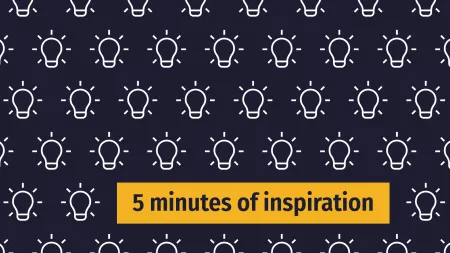CARE Bangladesh was approached by UNICEF and the Bangladesh Ministry of Health to act as a resource to improve organizations’ systems for responding to emergency nutrition needs. As a result, CARE was able to help impact 15 times more people than traditional programming would have allowed. With funding from UNICEF, CARE was able to expand from providing this support solely to UNICEF-funded NGOs, to include other implementing partner NGOs, allowing for greater impact and harmonization across organizations responding to nutrition.
What did we accomplish?
- More people are impacted: This systems-strengthening role allows CARE to contribute to impact at a much larger scale than a traditional service role, such as distributing food. By improving the quality and coverage of the whole nutrition sector, CARE Bangladesh has increased its contribution to impact in the nutrition sector from a likely 1,500 to almost 23,000 children – that’s nearly 15 times the impact!
- Communities are getting quality service: As a result of CARE’s work, staff from implementing NGOs are more likely to use the right tools to diagnose malnutrition, get training to correctly treat kids, and have supervisors who can get them the right information when they get stuck.
- More kids are getting treatment: By expanding support, CARE is contributing to improved emergency nutrition screening and response services. Children with malnutrition have received treatment and support 927,993 times! Moreover, 22,631 children with severe malnutrition are enrolled in the 34 Therapeutic Programs Centers, and another 60,317 children with moderate acute malnutrition have been identified and referred to other centers for treatment.
- Scaling our approaches: CARE plays an important role by sharing what they have learned in the field on best practices, quality, coverage and capacity. CARE is influencing how decisions are being made by those who focus on nutrition and how organizations in Bangladesh respond to nutrition in emergencies.
How did we get there?
- Providing trainings and coaching: So far, CARE has provided training to over 700 partner staff and volunteers from different NGOs and provided on-the-job coaching and training to ensure quality services of Outpatient Therapeutic Program (OTP) centers.
- Sharing best practices: CARE adapted or developed 26 different job aids, checklists, and M&E tools with the Nutrition Sector to promote minimum standards of OTP services. These tools are also aligned with global tools and Bangladesh national guidelines.
- Building trust and relationships: CARE Bangladesh was approached because of their ongoing trusted and proven relationship with UNICEF and Ministry of Health. CARE has been playing a health systems strengthening role for the last five years and promoting multi sectoral coordination approaches in health and nutrition.
What did we learn?
- Open attitudes and collaboration is key: Aside from facing some initial difficulties, CARE was able to quickly emerge as a nutrition expert through persistent support, open attitude, and technical and systems-strengthening skills. We have proven that CARE can provide technical support for emergency nutrition and help raise the standards where existing CMAM services were not adequate.
Where do we go next?
- This case shows how CARE can play a multiplying impact role in a large-scale humanitarian crisis, working with other organizations and influencing the decision makers. There is also huge potential to scale up this type of technical support and influencing role in emergency nutrition in other humanitarian settings, building on the relationship with UNICEF and our learning from the Myanmar refugee response.
Want to learn more?
-
See the One Year Report from CARE Bangladesh
-
Read this story about Ajida, a 2-month old born into the refugee camps
-
Other information can be found on the Refugee Crisis page from CARE Bangladesh
